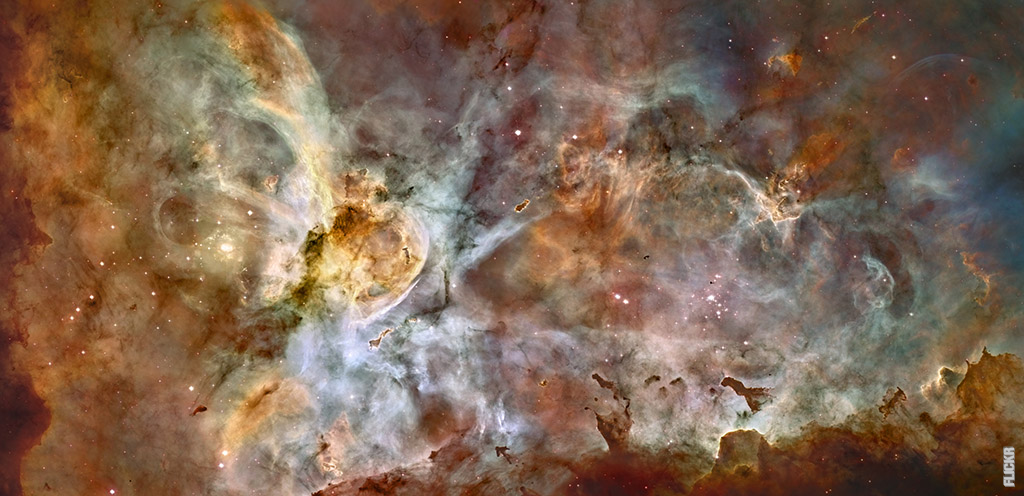The Celestial Timekeeper: Understanding the Sun’s Lifespan
The Sun, our radiant and life-sustaining star, has captivated astronomers and scientists for centuries. While it may seem eternal, like all celestial bodies, the Sun has a finite lifespan that has intrigued researchers worldwide. Join us on a journey to unravel the enigmatic timeline of our beloved star.
The Birth of a Stellar Beauty
Billions of years ago, within a vast cloud of gas and dust known as a nebula, the Sun was born. Its formation occurred through the process of gravitational collapse, as gravity pulled together particles and ignited the nuclear fusion process at its core. This moment marked the beginning of the Sun’s awe-inspiring journey.
A Glorious Middle Age
As the nuclear fusion reactions persist, the Sun enters its main sequence phase, which has lasted for approximately 4.6 billion years and will continue for another 5 billion years. During this phase, the Sun’s core fuses hydrogen atoms into helium, releasing a tremendous amount of energy. This energy sustains the Sun’s brightness and warmth, allowing life to flourish on Earth.
A Stellar Metamorphosis Unveiled
But what happens next? As the Sun exhausts its hydrogen fuel, it will undergo a series of transformative stages that will shape its destiny. The first of these stages will witness the Sun expanding into a red giant, enveloping nearby planets, including Earth, in its fiery embrace. This phase, known as the red giant branch, will mark the beginning of the end for our home star.
The Grand Finale: A Swan Song of Cosmic Proportions
Following its red giant phase, the Sun will shed its outer layers, forming a luminous cloud called a planetary nebula. All that will remain of our once-glorious star is a small, dense core known as a white dwarf. Over billions of years, even the white dwarf will cool down, eventually becoming a black dwarf, a dark remnant of a once-bright star.
Post
Post
Unraveling the Mysteries of Time
The lifespan of a star, including our Sun, is a subject of ongoing research and fascination. Scientists employ various methods, including computer models and observations of other stars, to estimate the duration of each stage in a star’s life. Although we have made significant progress, the exact timescales remain elusive.
Appreciating the Present
While the future of our Sun may seem distant and uncertain, let us not forget to cherish the present. The Sun’s light and warmth continue to nourish our planet, providing the perfect conditions for life to thrive. So, let us bask in the Sun’s glory while we can, for its vibrant existence is a reminder of the beauty and transience of all things in our vast universe.



